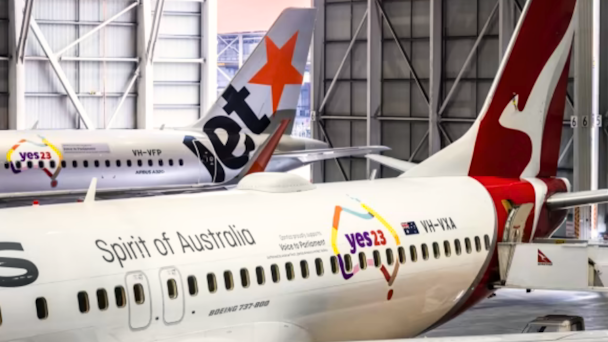Why did brands land on the wrong side of the Australian referendum?
Brands backed the losing side in yet another big referendum. Gordon Young, founder of The Drum, wonders if it’s time for marketers to ask themselves if they really understand their consumers.

Does business and politics mix? It is a question many will be asking this week, particularly in Australia. Until recently, the received wisdom was that the brands had to take positions on the issues that matter to their consumers. It drove corporate support for the Black Lives Matter and the gay pride movements. A significant body of research suggested the policy was sound.
For example, in 2019, a survey by Sprout Social found that two-thirds of American consumers said it was ‘important for brands to take a public stand on social and political issues.” However, there was a caveat. The survey also found over half would boycott brands ‘that did not align with their views.’
Nevertheless, the risk of consumer backlash seemed small. The world was less polarized in the pre-Trump and Brexit era. And anyway, the majority of people could unite around the broad principles of inclusiveness and sustainability.
Advertisement
However, today, the world is very different. And issues that once enjoyed consensus are now more contested.
For brands, it means taking sides means greater risk. One example was the Australian referendum on enshrining a law to give indigenous people a ‘Voice to Parliament’ in its constitution.
Initially, the proposal was broadly welcomed as a way of ensuring the indigenous population was represented correctly - and of burnishing Australia’s credentials as an inclusive country prepared to atone for the sins of its founders. Corporate Australia jumped on the bandwagon. 13 of its top 20 companies supported the law - none publicly opposed it.
Qantas even painted giant ‘Yes’ on the side of its planes. However, the public mood soured as the details of how the law would work became better understood. Many - including prominent Aboriginals - came out in opposition. They feared inserting into the state apparatus an unelected talking shop based on race and victimhood would be counterproductive. In overtones of Brexit, the debate had the sense of an out-of-touch cultural elite being at odds with the common person.
Advertisement
And just like Brexit, that elite was blindsided when comprehensively defeated. All six Australian states voted against it, with Queensland delivering a No vote of 67%.
The likes of Qantas will lick its wounds, repaint its planes and assess the cost to its reputation. And that reputation was further tarnished by all the additional scrutiny it attracted. For example, it had to deny allegations that its support for the referendum was tied to a government decision to block extra Qatar Airways flights into Australia.
That sort of mud sticks. Out of touch, hypocritical and cynical are no doubt terms now found in the Qantas word cloud, a turbulent place to be now.
The lesson here is that the world is more polarized - few political positions offer total protection from backlash. Brands planning to enter the political fray must carefully choose their battles.

